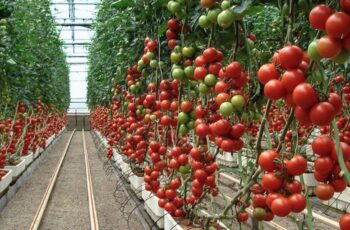Ad Blocker Detected
Our website is made possible by displaying online advertisements to our visitors. Please consider supporting us by disabling your ad blocker.
Organic gardeners are always looking for ways to improve their soil naturally. Of course, you can buy organic fertilizers in a garden center but wouldn’t it be more natural to just make them? I have tried many ways to make organic fertilizer for my garden over the years and have found them to be just as good as commercially available fertilizers. Plus I just like knowing what is going into my plants.
Here are 14 Organic liquid fertilizers you can make!
Banana peels
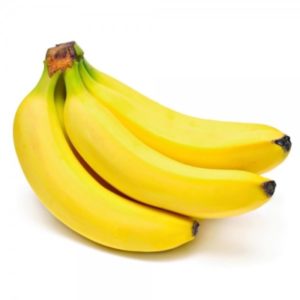
Bananas
Banana peels are great for your compost pile, but they can also be used on their own as a natural fertilizer.
Banana peels are rich in potassium, and they degrade fairly quickly. Additionally, they don’t produce a nasty odor, and they can help repel pests. If you grow roses, add banana peels into the soil near the base of the plant. Banana peels are full of minerals that roses need. As the peels break down because of worms and microorganisms in the soil, they will deliver nutrients right to the roots of your roses.
A healthy rose plant bears more blossoms and roses fed on banana peels flourish, producing beautiful flowers that last longer.
Coffee grounds
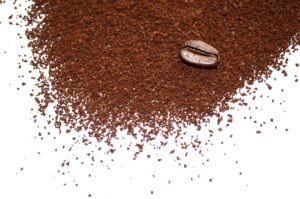
Coffee doesn’t just help jumpstart your morning. If you have coffee grounds leftover, set them aside to dry. Dried coffee grounds add magnesium, nitrogen, and potassium to your garden, which are nutrients your plants need to grow well. Acid-loving plants like azaleas, blueberry bushes, roses, and tomatoes will benefit from coffee grounds used as fertilizer.
If you live in an area with alkaline soil, spread coffee grounds in your garden to change the soil pH. Note that since coffee grounds can change the pH of your soil, this may affect plants that require a delicately balanced fertilizer. Alternatively, you can mix coffee grounds into your compost pile and let them decompose along with grass clippings, potato peels, and other materials.
Eggshells
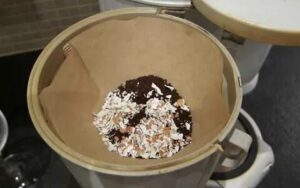
Eggshells are full of calcium that your plants need. After cooking eggs, wash out the shells and let them dry. Rinsing eggshells ensure that they don’t attract animals to your compost pile. Break the shells into smaller pieces and add them to the ground when planting tomatoes. Alternatively, you can add crushed eggshells around the base of already planted tomatoes since they require more calcium than other plants.
You can also use eggshells as an organic way of controlling snails and slugs. Crush up the eggshells but make sure the pieces are bigger than those you would add to garden soil. Sprinkle the crushed shells around plants like hostas that often attract snails and slugs. Eggshells will act like diatomaceous earth, killing or repelling the slugs and snails without any harsh chemicals.
Fish scraps
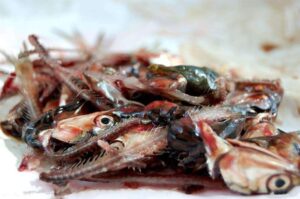
Burying fish scraps in garden soil can help boost its nutrient content. If you filet a fish, save the bones and scraps once you’re done cooking. You can puree the bones and scraps with water and milk to produce a strong fertilizing mixture.
If you have an aquarium, don’t dump the water down the drain when it’s time to clean it. Discarded fish tank water can be used to hydrate garden beds and potted plants. Fish waste in the water provides vitamins to the plants without requiring any additional work.
